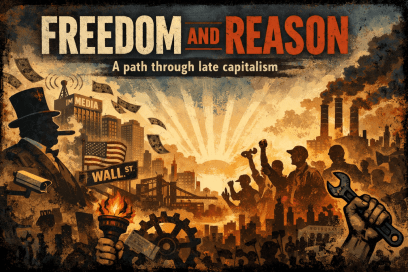George Floyd’s death, while tragic and avoidable, may have changed the world. But not in the way the Biden campaign suggests here.
Floyd’s death led to further depolicing, prosecutorial passivity, and decarceration, developments that have, along with Biden’s mass immigration scheme, put all our communities at greater risk of crime and violence. His death was also used to expand and entrench the racist practices poorly disguised as diversity, equity, and inclusion (DEI).

At the same time, arson, harassment, intimidation, looting, monumental desecration and other acts of vandalism, murder, and rioting—all the thing that followed his death—expanded mutual knowledge about the lies of the Black Lives Matter confidence game.
A greater and growing number of citizens now know that the claims of systemic racism in lethal police encounters and prison commitments comprise a mythology about race in America. Moreover, these effects removed the veil from DEI. More people now understand what this rhetoric of “racial reckoning” really means and what it entails.
The events triggered by Minneapolis, like the “hands up, don’t shoot” myth of Ferguson, driven by the deceits of woke progressive propagandists, have accelerated the awakening that make Biden’s reelection, already in jeopardy because of his America Last policies, all the more unlikely.
So, yes, in this sense, Floyd’s death changed things. Let’s act on his memory. Let’s put Democrats out of power and save the American Republic. When you vote, remind yourselves of who runs America’s cities. All the criminal violence and demoralization, fatherlessness and gangs, poverty and joblessness—those are Blue Frankenstein creations.
